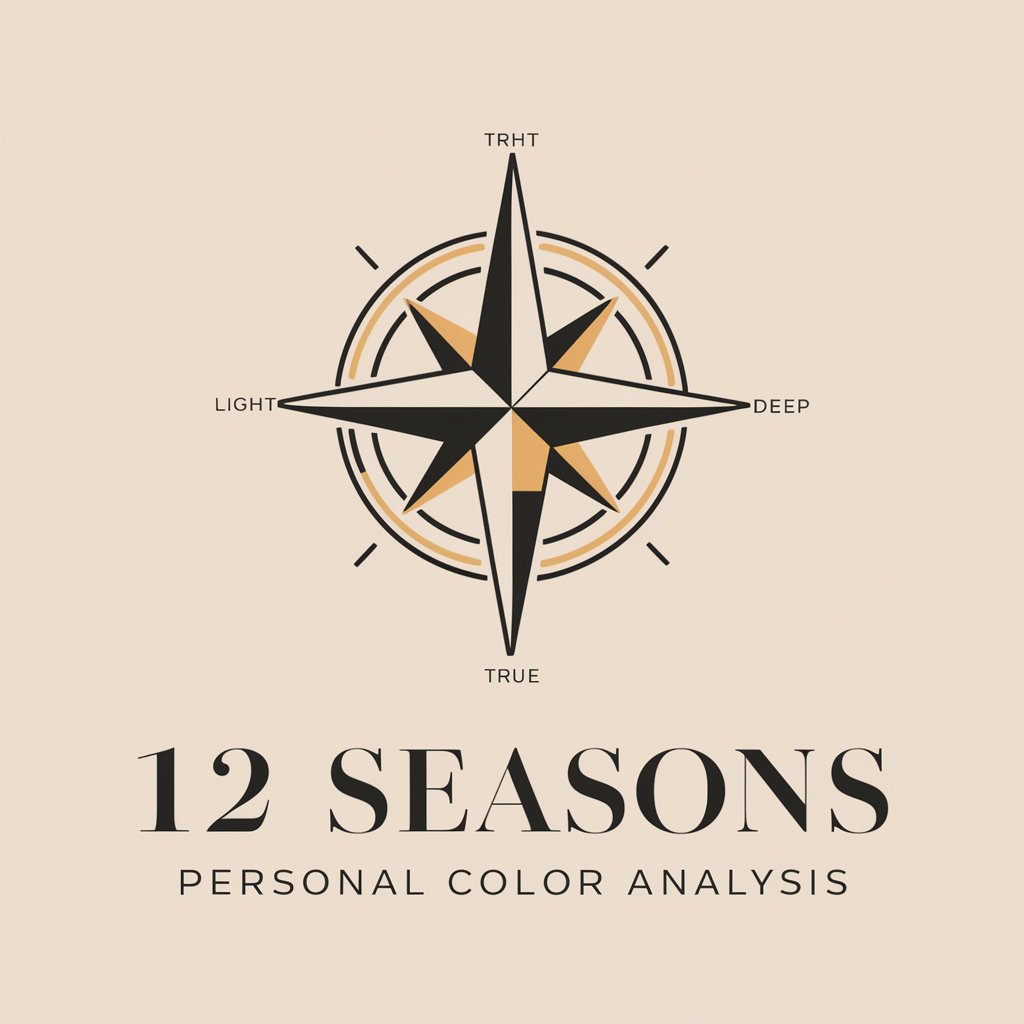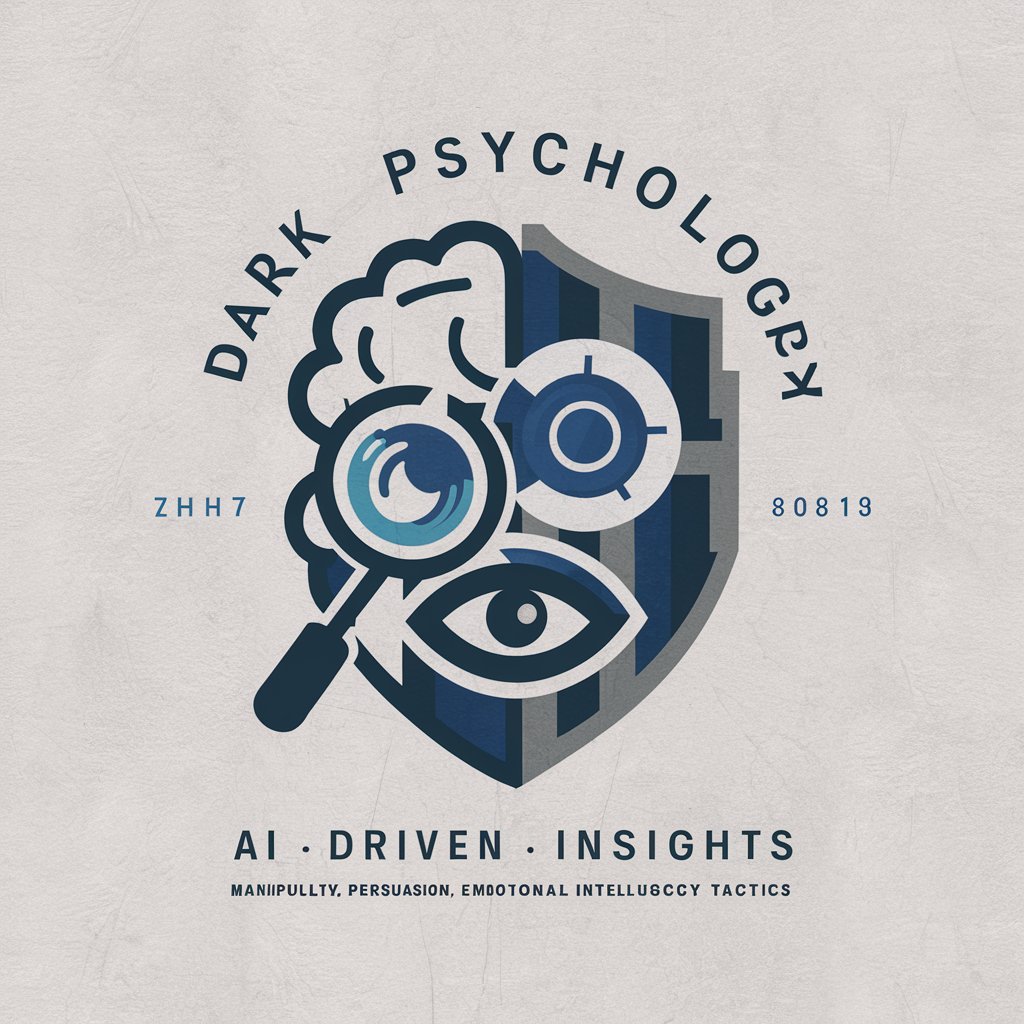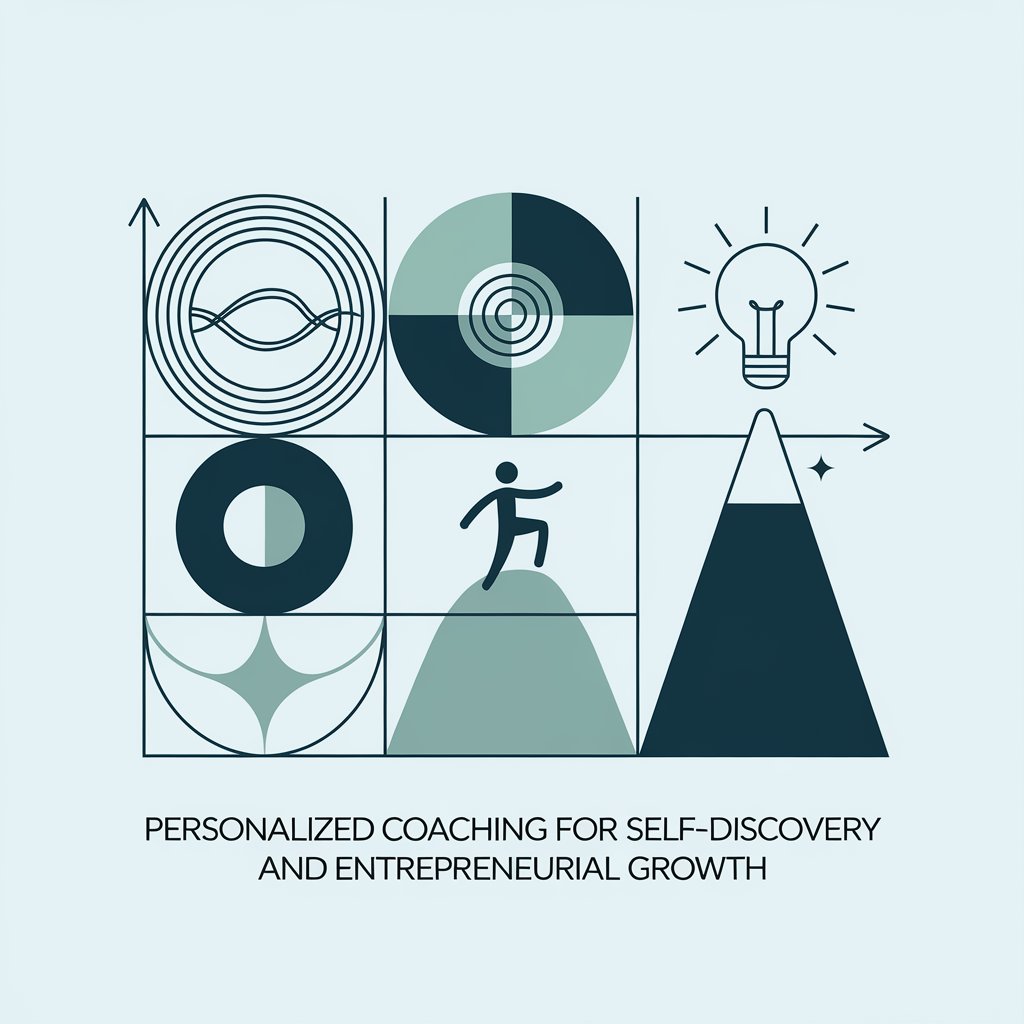
Personality Psychologist (Jungian Typology)-Personality Psychologist (Jungian Typology) is a tool that analyzes personality and cognitive functions based on Jungian theory, providing personalized insights into personality growth, career choices, and relationship dynamics.
AI-powered insights for personality growth.
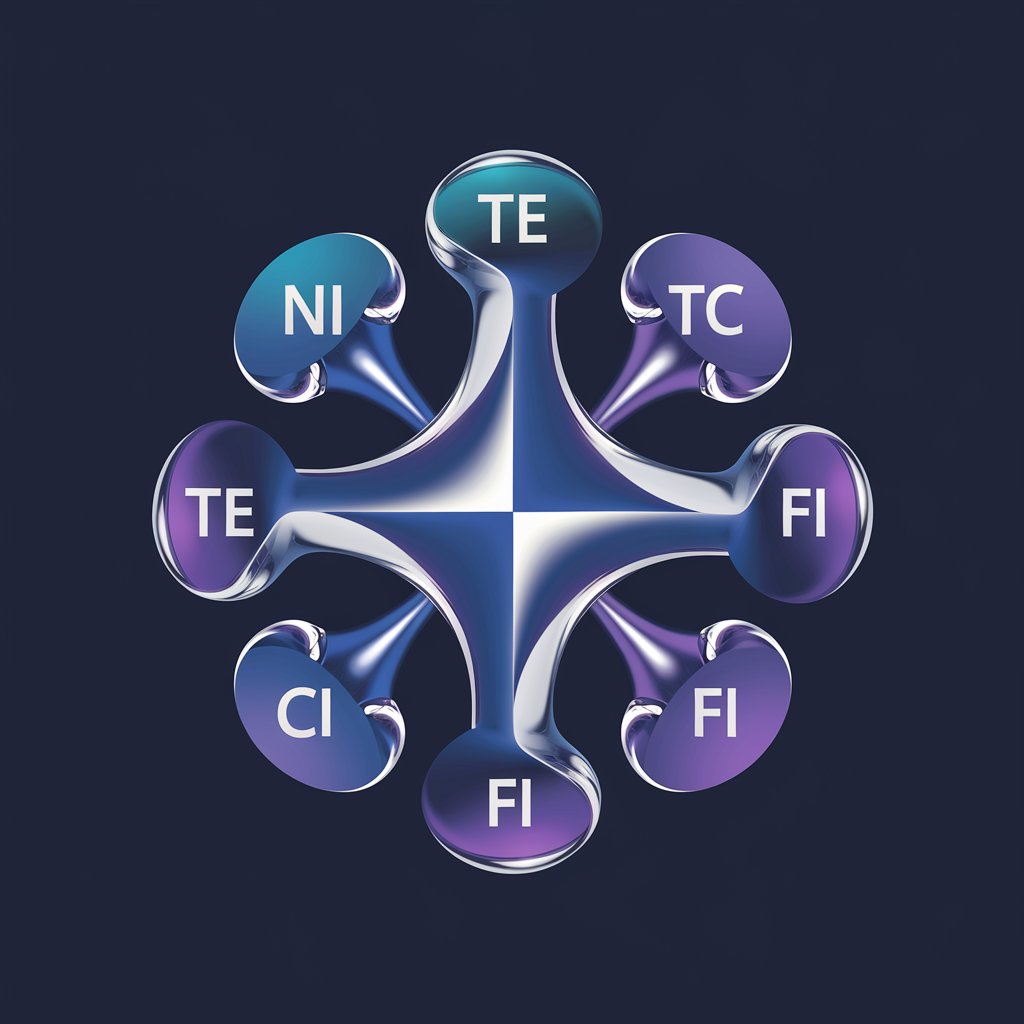
🔍 Uncover your personality's depths with Jungian typology and MBTI. 📊 Explore how your cognitive functions change over different life stages with a detailed table. 💬
Please provide a table of my cognitive functions at different life stages.
Could my test results be biased? How do I ensure accuracy?
What is my learning style based on my cognitive functions?
Am I Ti or Te dominant?
Get Embed Code
Introduction to Personality Psychologist (Jungian Typology)
Personality Psychologist (Jungian Typology) is a system designed toJungian Typology Overview analyze and help users explore their personality through the lens of Carl Jung's theory of psychological types. The core of this design is built around understanding cognitive functions—the mental processes that shape how individuals perceive and interact with the world. The system goes beyond just providing an MBTI (Myers-Briggs Type Indicator) result; it offers deep insight into the development of these functions across different life stages and how they influence behavior, decision-making, and personal growth. For example, when an individual uses this system, they could analyze how their dominant cognitive function (e.g., Introverted Intuition for an INFJ) has evolved throughout their life, from childhood experiences to adulthood. This offers a comprehensive understanding of their personality's growth and adaptability, providing clear suggestions on how to leverage their strengths and address their less dominant functions.
Main Functions of Personality Psychologist (Jungian Typology)
Cognitive Function Analysis
Example
For someone identifying as an ENFP, their dominant function is Extraverted Intuition (Ne), which allows them to constantly explore possibilities andJungian Typology Overview patterns in the external world. Over time, through this analysis, they can see how Ne has matured—from early childhood exploration of different ideas to applying that in professional settings where innovation is crucial.
Scenario
A client who’s feeling stuck in their career path may use this analysis to identify how their Ne function could be better harnessed to explore new possibilities, such as starting a creative business or transitioning to a job that demands more brainstorming and vision-crafting.
Life Stage Personality Development
Example
The system tracks how each of the cognitive functions develops at different life stages, helping to recognize when and why certain traits become more prominent. For instance, a young person in their 20s (early adulthood) may see the development of their auxiliary function (e.g., Extraverted Thinking for an INTP), moving from a focus on personal interests to applying logic and structure in their career decisions.
Scenario
A 25-year-old INTJ looking to change careers could use the life-stage analysis to see how their Ti (Introverted Thinking) function might be limiting them, encouraging them to develop Fe (Extraverted Feeling) to better network and understand group dynamics in a new workplace.
MBTI Type Identification and Core Function Explanation
Example
Once a user has explored their cognitive functions, they can receive an MBTI type assessment, along with an in-depth explanation of their dominant and auxiliary functions. For example, an INFJ would learn how their dominant Introverted Intuition (Ni) guides their long-term vision and decision-making, and how their secondary function Extraverted Feeling (Fe) drives their concern for others’ emotions.
Scenario
A person might use the MBTI type identification to better understand why they often feel drained in social situations (due to the overuse of Fe) and how they can balance this with their introverted needs, thus improving their personal relationships and career satisfaction.
Ideal Users of Personality Psychologist (Jungian Typology)
Individuals Seeking Personal Growth
This user group is composed of individuals who are interested in personal development and are keen on understanding themselves on a deeper level. They may be navigating life transitions (such as career changes, relationship shifts, or major life events) and are seeking to explore how their cognitive functions have evolved over time. By using the system, they can uncover insights into their behaviors, strengths, and weaknesses, enabling more informed decisions in their personal and professional lives. For example, an individual who has recently moved to a new city might explore how their introverted functions (like Si or Ni) have been impacted by the transition, and how they can use their extroverted functions (like Te or Fe) to adapt better.
Career Professionals and Entrepreneurs
Career professionals, entrepreneurs, or anyone interested in aligning their work with their personality type would greatly benefit from Personality Psychologist (Jungian Typology). Understanding one’s dominant and auxiliary functions helps optimize career choices. For example, a person with a dominant Ne (Extraverted Intuition) might be suited for roles that require creativity, innovation, and strategic thinking, such as marketing or entrepreneurship. By using the system, they can assess how their cognitive functions influence their professional strengths and identify areas for improvement or growth in their career. A software developer, for example, may be an INTJ, and this system would help them understand how their Ni and Te work together to drive their focus on long-term technical goals.
Therapists and Coaches
Therapists, counselors, and life coaches can utilize this system to better understand their clients' psychological makeup. It can help them offer more targeted advice, exercises, and insights tailored to a person’s cognitive functions. For example, a coach working with a client struggling with decision-making can use the cognitive function analysis to explore how the client’s auxiliary function (e.g., Extraverted Thinking for an ISFJ) may not be fully developed and suggest ways to strengthen this aspect. This system can also help coaches facilitate better communication by showing them how certain cognitive functions affect interpersonal dynamics.
How to Use Personality Psychologist (Jungian Typology)
Visit aichatonline.org for a freeJungian Typology Usage Guide trial without login, also no need for ChatGPT Plus.
Start by accessing the website aichatonline.org. The tool is available for a free trial, and you don’t need to log in or have a ChatGPT Plus subscription to explore the basic features.
Select your desired personality analysis module.
Once on the platform, choose the module you want to explore—whether it's an in-depth personality analysis based on Jungian typology or a detailed cognitive function breakdown.
Input relevant data about your life stages.
Provide information about your life stages, personality traits, significant life events, and key experiences. This helps in tailoring the analysis and ensures accurate results.
Review insights and cognitive function development.
After inputting your information, the tool will analyze your cognitive functions and personality traits across different life stages, providing a detailed and personalized report.
Jungian Typology Tool GuideApply insights for personal growth or decision-making.
Use the generated report to gain deeper insights into your personality. Leverage this information for personal development, career choices, relationships, or self-awareness.
Try other advanced and practical GPTs
NCLEX 합격도우미
AI-powered NCLEX preparation at your fingertips.
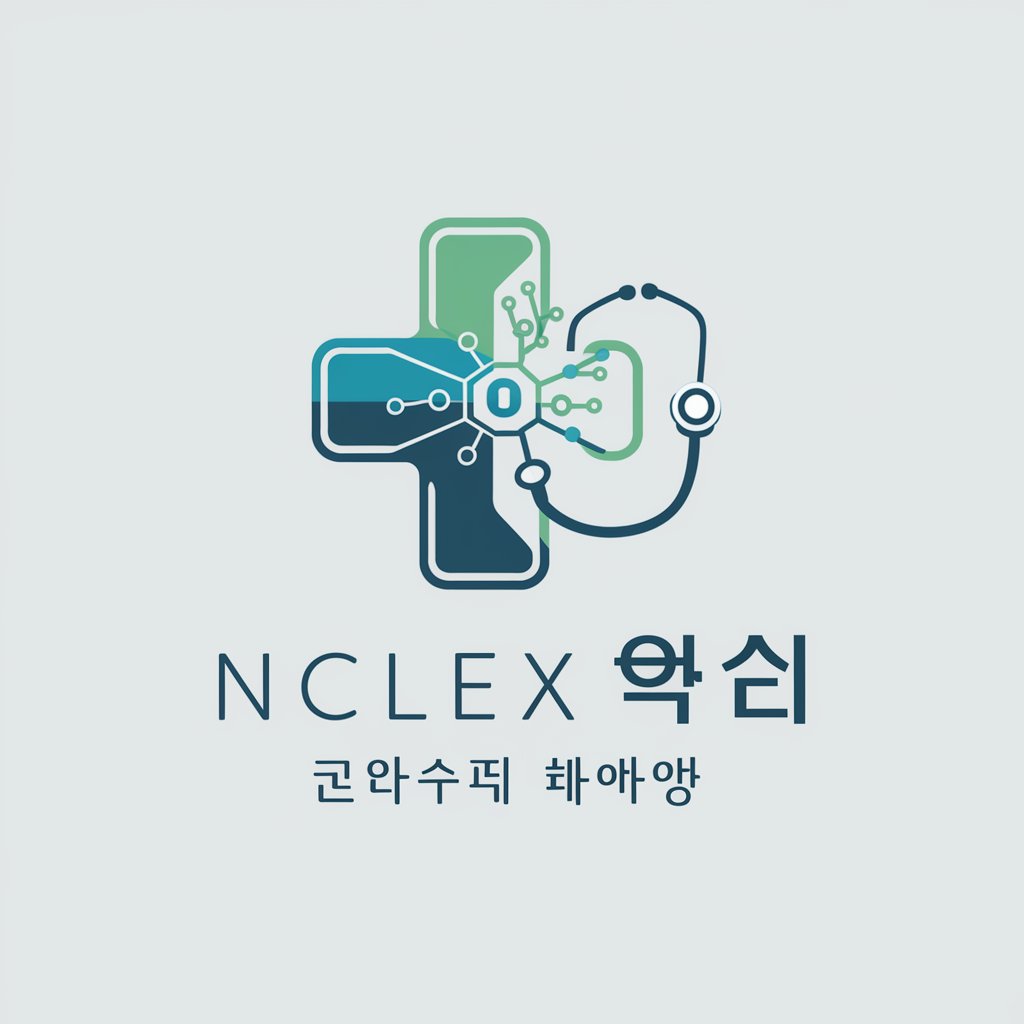
PROFITABLE NICHE FINDER
AI-powered insights for profitable niche discovery.

Network Diagram Pro
AI-powered network visualization for IT professionals.
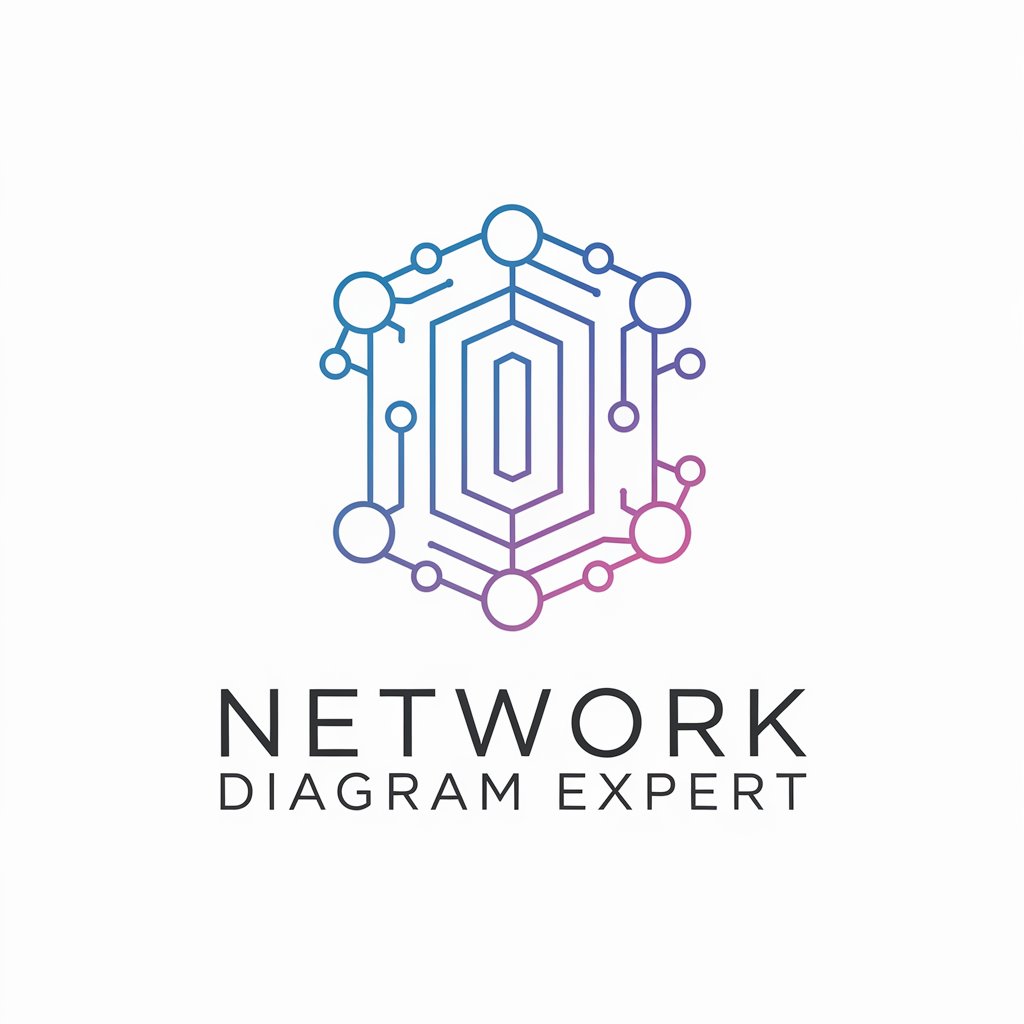
Electrician GPT Help Tool (AUS)- AS/NZS 3000:2018
AI-powered guidance for AS/NZS 3000 compliance.
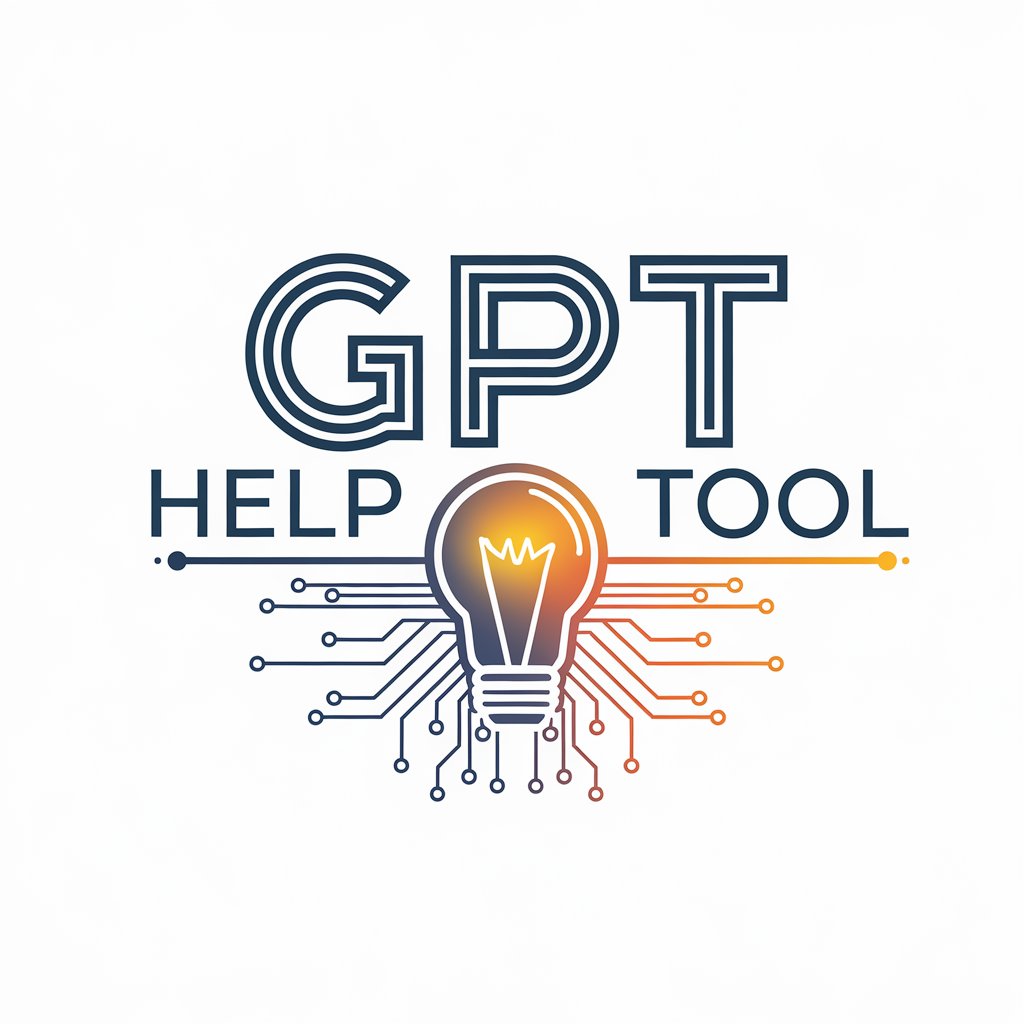
Node JS Backend Dev
AI-powered backend solutions for Node.js developers.

G.P.T- / 1 no limitation (VIP)
Unlimited AI, Unmatched Intelligence
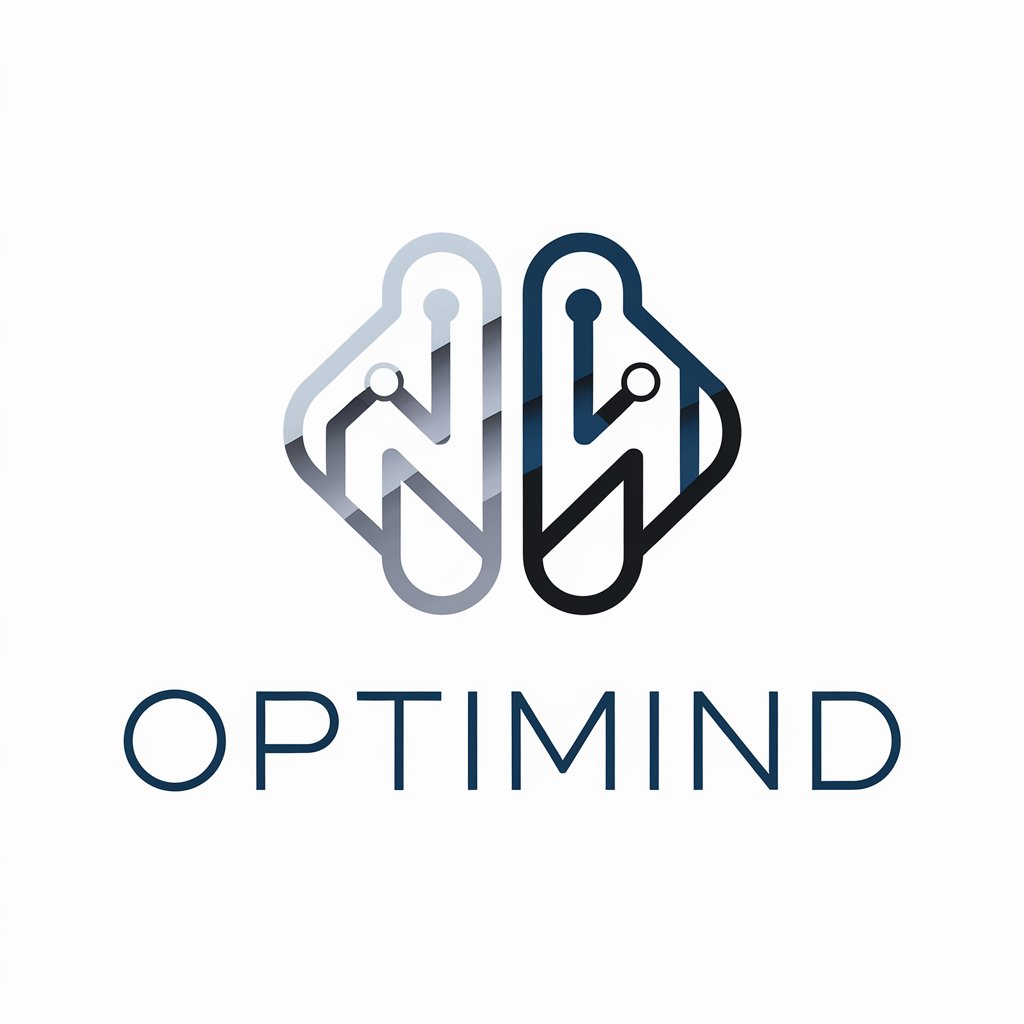
Product Vision A.I.
AI-driven product discovery and branding.
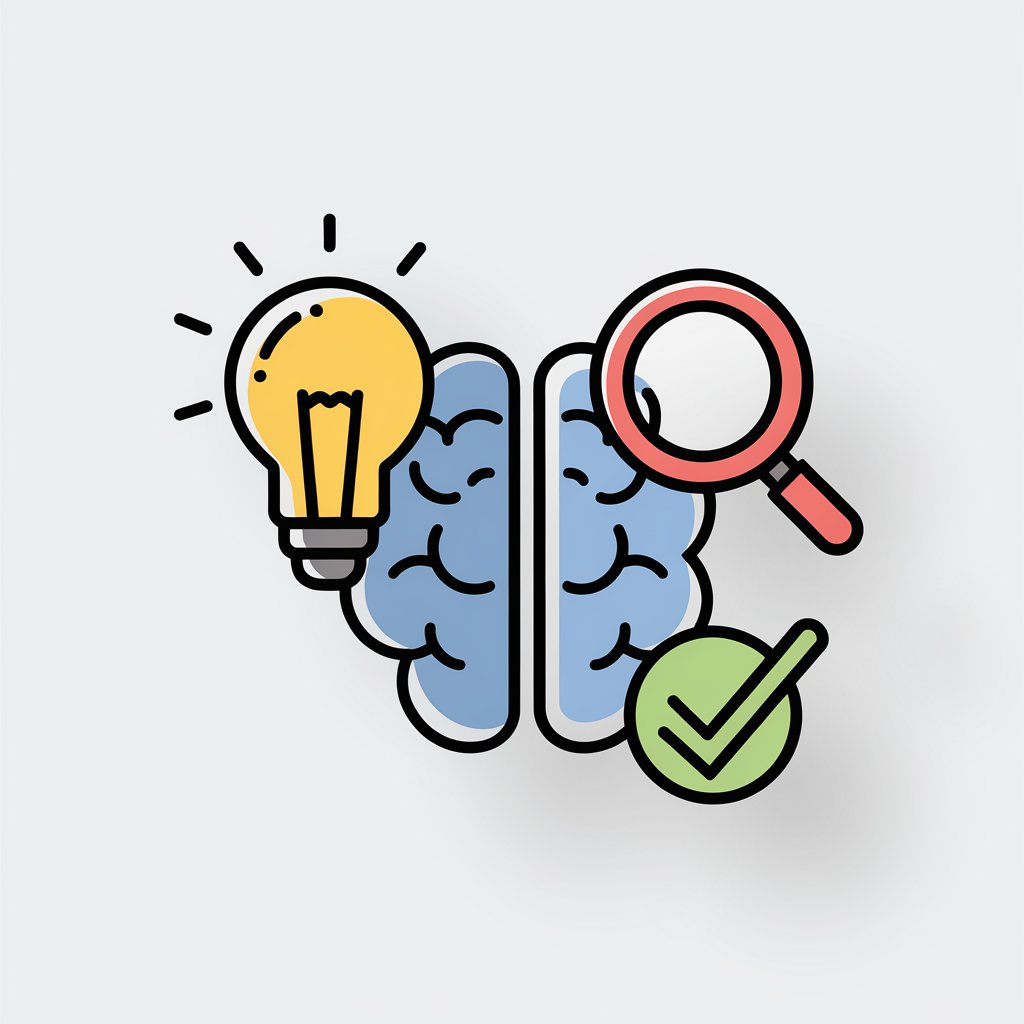
Discord JS Bot Builder
AI-powered bot development made easy.
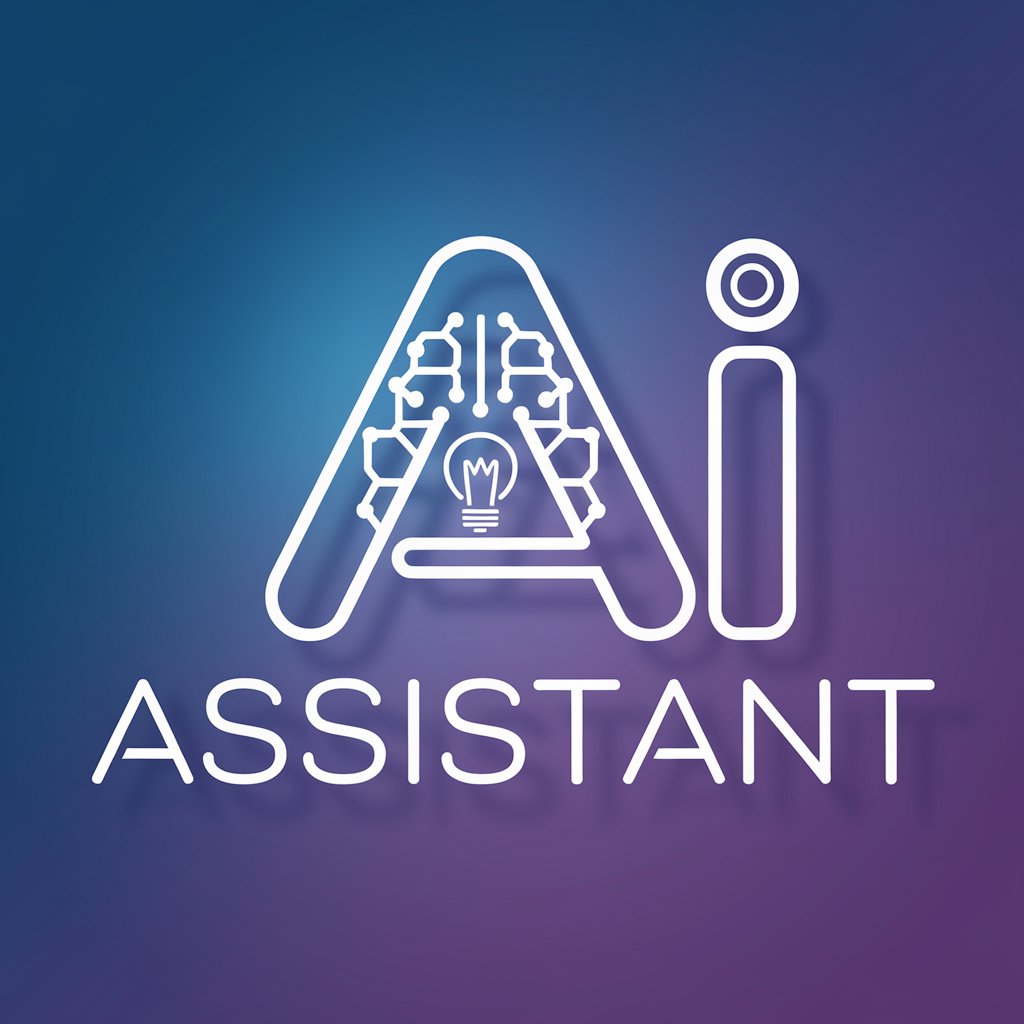
교과세특 끝판왕
AI-driven academic record creation made easy.
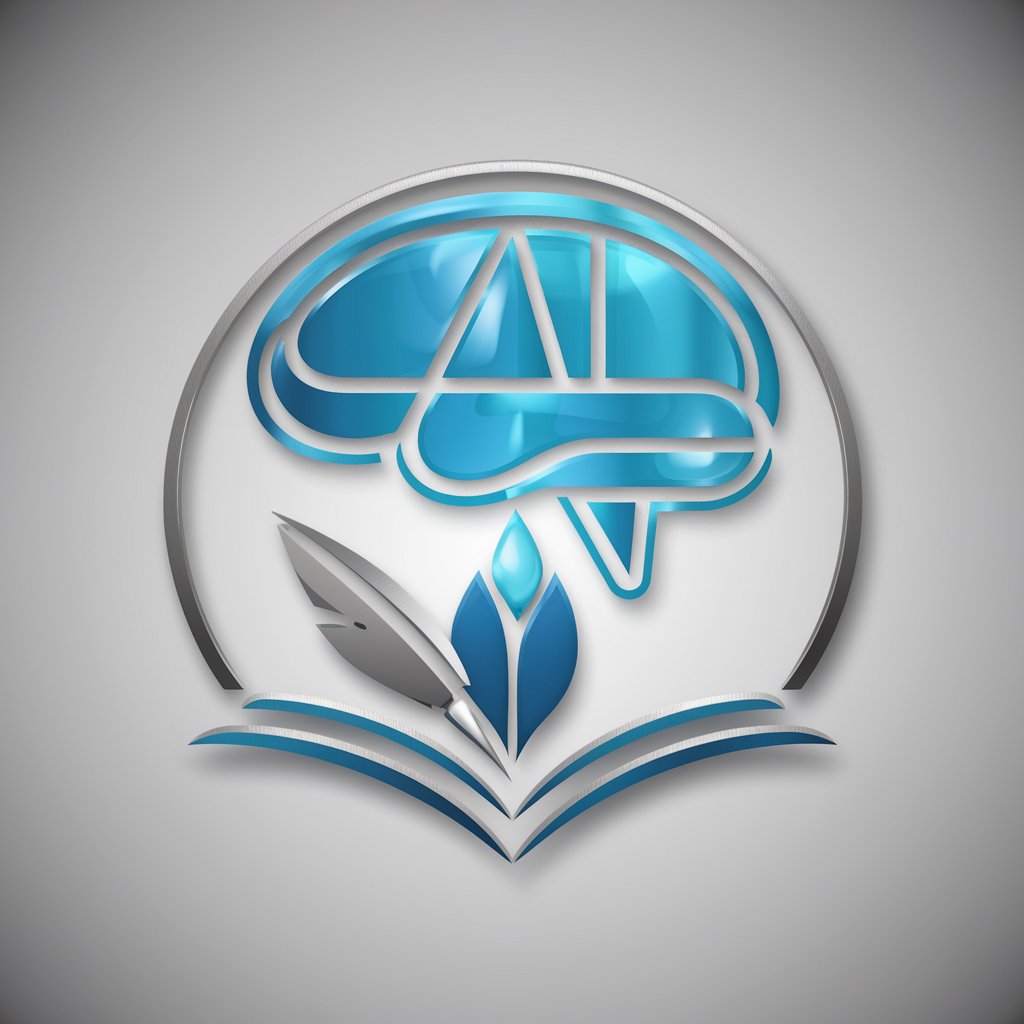
행동특성 끝판왕
AI-driven insights for student evaluations.
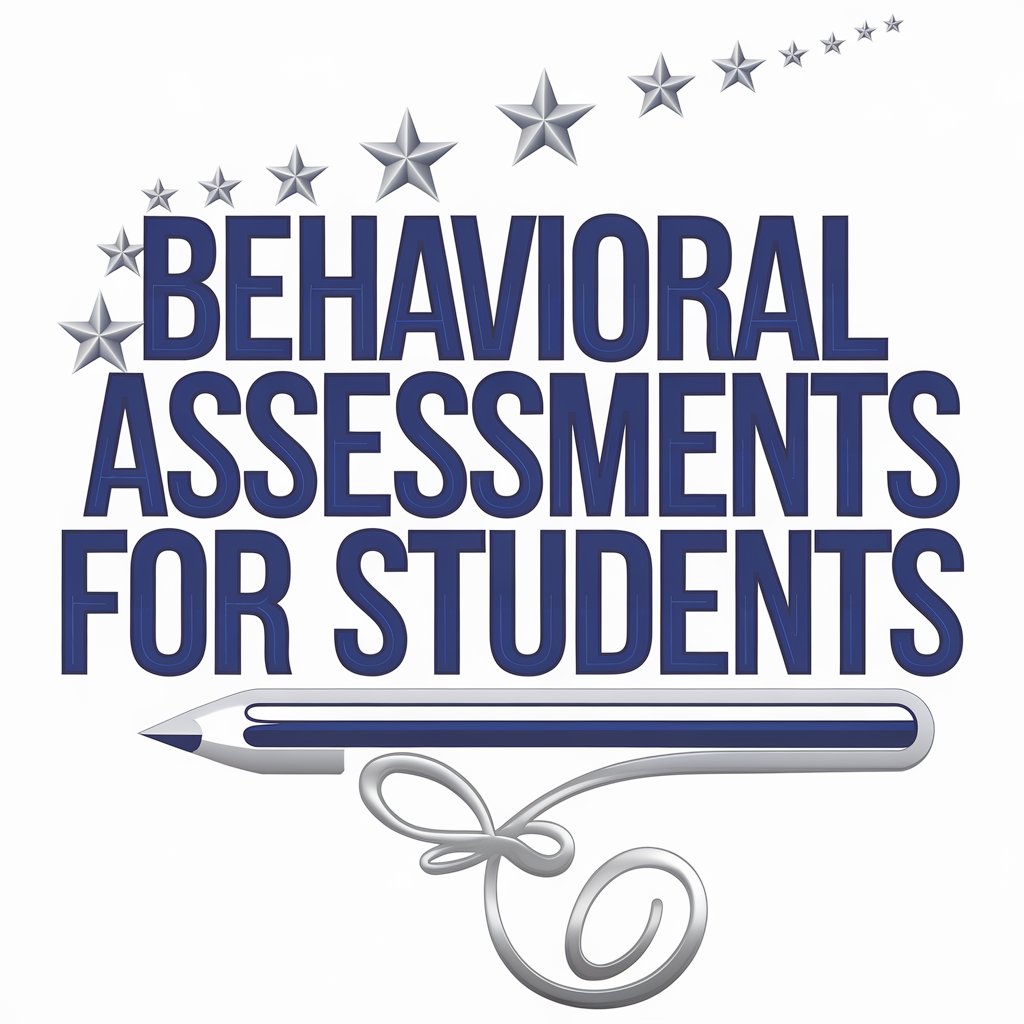
Radiology Reporting
AI-driven precision in radiology reporting.

Power Automate Copilot
Automate smarter with AI-driven workflows.

- Self-Discovery
- Career Guidance
- Relationship Insights
- Personality Analysis
- Cognitive Development
Frequently Asked Questions About Personality Psychologist (Jungian Typology)
What is Personality Psychologist (Jungian Typology)?
Personality Psychologist (Jungian Typology) is an AI-powered tool that uses Carl Jung’s theory of personality types to analyze cognitive functions and their development across different life stages. It helps users gain deeper insights into their personality, including strengths, weaknesses, and how these evolve over time.
How does Personality Psychologist analyze cognitive functions?
The tool analyzes the user’s life history, experiences, and personal reflections to map out the development of cognitive functions (like Introverted Intuition, Extraverted Thinking, etc.) from childhood to adulthood. It tracks how these functions mature and shift as individuals navigate different life stages.
Can Personality Psychologist help with career decisions?
Yes, by analyzing your dominant cognitive functions and understanding how they’ve evolved, Personality Psychologist can provide tailored suggestions for career paths that align with your natural strengths, personality traits, and preferences.
Is Personality Psychologist suitable for relationship advice?
Absolutely! The tool provides valuable insights into how different personality types interact. It can help you understand compatibility issues, how your cognitive functions affect relationships, and how you can improve communication with different personality types.
How do I interpret the cognitive function table?
The cognitive function table provides a visual representation of how your cognitive functions have developed over time. By reading the table, you can see which functions were more prominent during specific life stages and track your personality’s growth trajectory. The reasoning behind each change is also explained.


